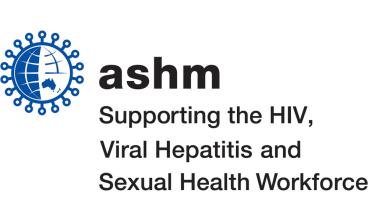
For Health Professionals
Contact tracing
Health professionals have a responsibility to talk to the client about informing anyone that they might have exposed to a sexually transmissible infection (STI). Informing contacts can be difficult or uncomfortable for clients, but it is very important to stop the spread of STIs. Fortunately, there are lots of good resources to help you inform and support your client.
To report a broken link or to request a resource to be added to this page, please email shbbvp@health.wa.gov.au.


Australasian Contact Tracing Guidelines 2022
These guidelines aim to provide practical support and guidance to health care providers, to enhance the effectiveness of contract tracing. Includes tips, case studies and steps. (Sourced via ASHM).


Contact Tracing Report
This report contains information on contact tracing with relation to Aboriginal people (in a NSW context), specific considerations around contact tracing with respect to Aboriginal communities and strategies and technologies to improve contact tracing. (Produced by Burnet Institute)


Better to Know
An online information space for young Aboriginal and Torres Strait Islander men and women. An interactive feature of this site allows the user to receive periodical email or SMS reminders to have a sexual health check. It also allows website users to notify their recent sexual partners that they may have been at risk of having an STI. (Produced by Australian Federation of AIDS Organisations)


Australasian Guidelines
This manual provides detailed information about how to conduct contact tracing for STIs and BBVs, and has information about contact tracing in the context of priority populations including Aboriginal communities. The manual also contains some case studies and detailed information on privacy protocols. (Produced by ASHM)


Kimberley Guidelines
This factsheet contains information on when to start contact tracing, tips on how to find local contacts, referral processes for non-local contact tracing and helpful tips to ensure that the process is conducted sensitively. (Produced by Kimberley Aboriginal Health Planning Forum)

Contact Tracing in Regional and Remote Areas Video
This video has been developed for health professionals working in regional and remote WA. It covers the essential components of contact tracing and potential scenarios that might arise.

